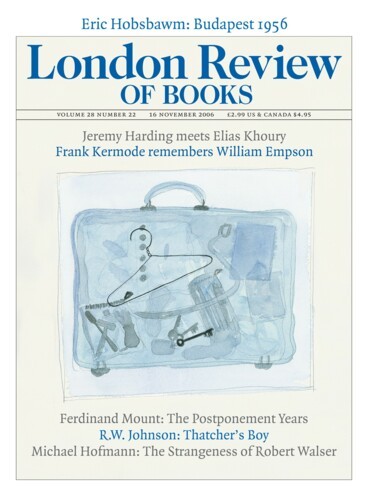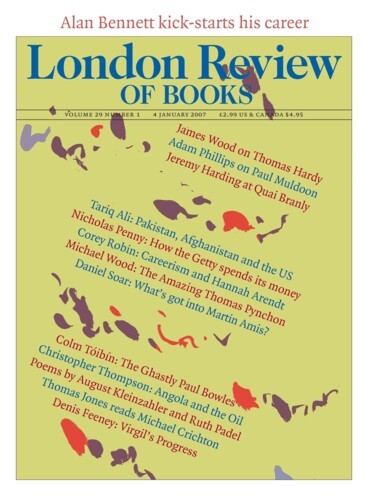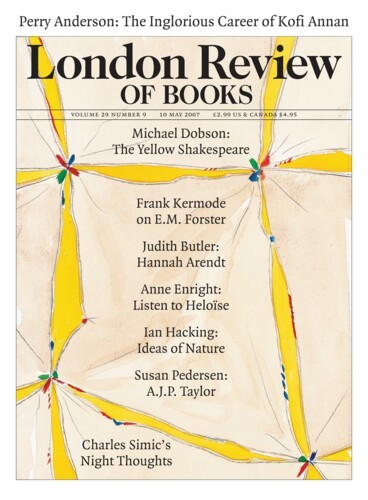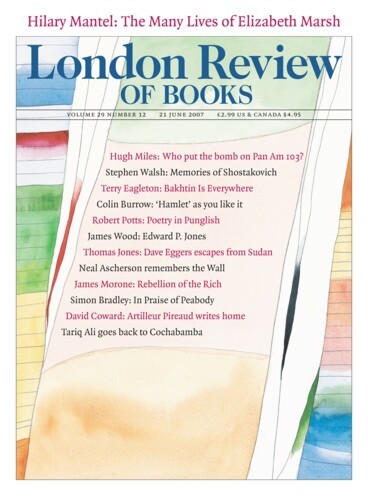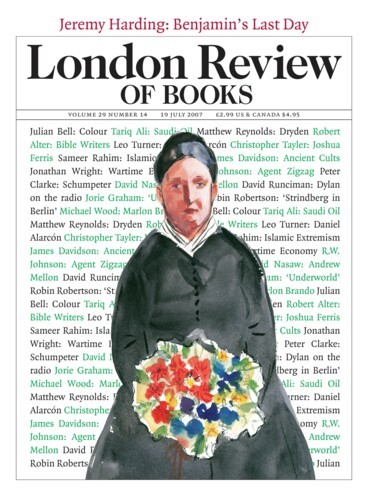Diary: in Turkish Kurdistan
Tariq Ali, 16 November 2006
It was barely light in Istanbul as I stumbled into a taxi and headed for the airport to board a flight for Diyarbakir, the largest Kurdish city in eastern Turkey, not far from the Iraqi border. The plane was full, thanks to a large party of what looked like chattering students with closely shaved heads, whose nervous excitement seemed to indicate they’d never left home before. One of...
